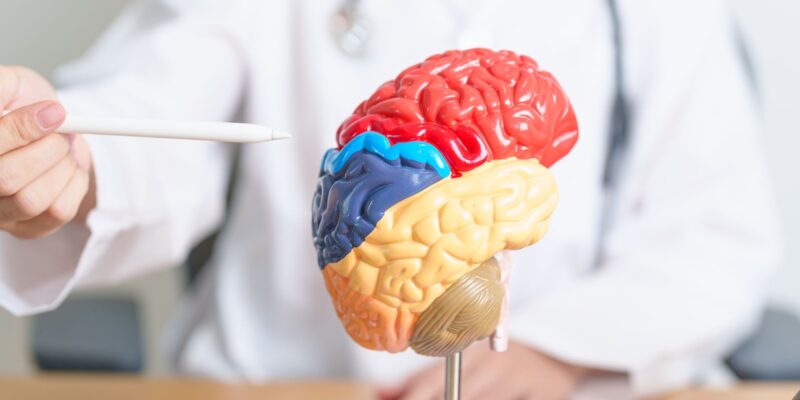Can problems in your inner ear really trigger seizures? The link between balance and brain…

The Role of Nutrition in Brain Health
For years, the cultural zeitgeist has caused people to focus more on physical exercise and just getting enough sleep to maintain their health. What we seem to forget is, just like how our cars get upset if we give them the wrong kind of gasoline, so can our bodies. That’s where the food you eat comes into play. Proper nutrition may be able to improve your brain health and possibly even bring a sense of clarity you have never noticed before.
How Nutrition Interacts with the Brain
So, it’s pretty clear that the food we eat will not only interact with our body but eventually our brain. Our brains rely on that steady stream of nutrients for regulating mood, controlling muscle movement, and, of course, processing information. The right food will provide the right nutrients that can boost your brain’s cognitive abilities, memory, and reduce the risk of neurological disorders like dementia and Alzheimer’s. A few of the most critical nutrients for our brain health include: Omega-3 fatty acids, Vitamin E, Vitamin B12, and Antioxidants.
How to Improve Your Nutrition (And Brain Health)
Luckily, it will be pleasant to improve your brain health, because you get to eat great food! For Omega-3, you can find them in fatty fish, nuts, and seeds. For Vitamin E, you can find that, too, in nuts, seeds, and leafy greens. For Vitamin B12, look to meat, dairy, and B12-fortified cereals for easy intake. Lastly, antioxidants can be found in colorful fruits and vegetables.
The best tip to improve your nutrition is to eat a healthy, balanced diet of all of the different kinds of foods. Have plenty of fruits, vegetables, whole grains, healthy fats, and lean proteins. Limit the processed foods, sugary drinks, and unhealthy fats. When in doubt consider the following: can your grandparents recognize what you are about to eat? If not, maybe pass on it for now, or eat much less of it. Don’t forget to stay hydrated and consider adding supplements if you find yourself struggling to eat whole foods with the proper nutrients. It may not work as well as eating the whole food, but it’s a great way to stay on track.
If you’re interested in more about brain health, please consider reaching out to us at 732-856-5999.



